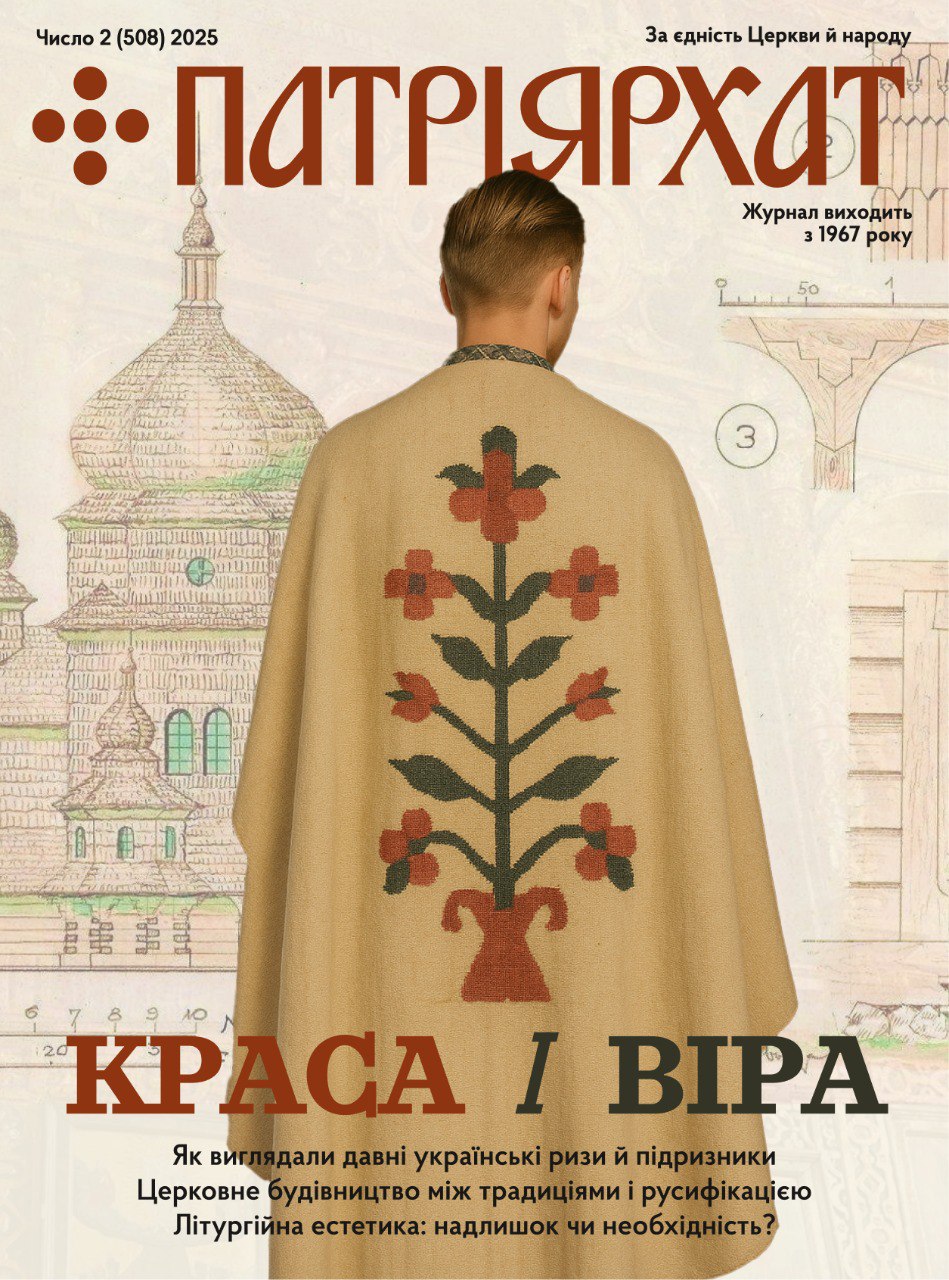Pope John Paul meets the bishops of the Ukrainian Catholic Church in Rome on Monday. It is the second time he has convoked a special synod of a «problem» hierarchy. The first time was when he called the Dutch bishops together last month. That was seen as a test, of his attitude to post-conciliar liberalism in the Roman Catholic Church. The Ukrainian synod will be something of a test of his dealings with the Soviet Union.
The Ukrainian Catholic Church is a Uniat church, of the Byzantine rite but in communion with Rome: Having been liquidated within Tsarist Russia, by the Outbreak of the Second World War it flourished only in those western regions of the Ukraine which did not form part of the Soviet Union. In 1946 soon after the final annexation of those regions a synod of its clergy subjected to fierce intimidation, dissolved the church; and 2,700 parishes containing some three to four million parishioners passed into the Russian Orthodox Church. Not all conformed. The Ukrainian Catholic Church has maintained a. secret existence within the Soviet Union, although most of its members are now dispersed.
In exile the church has become deeply implicated in Ukrainian nationalism of an uncompromising kind. Its members complain that their church has not always had the support and encouragement from the Vatican which they feel entitled to. Pope Paul VI was cautious. The Soviet authorities claim that the Ukrainian Catholic Church is simply a church in exile. The expatriate Ukrainians claim, correctly, that their church has a definite representation within the Soviet Union, though a secret one. Pope Paul did nothing to contradict the Soviet claim. In particular he refrained from conferring the title of patriarch on the aged Cardinal Slipyi, tire spiritual head of that church and a national hero to exiled Ukrainians. He spent IS years in Soviet Prisons before his release in 1963. So important is the matter of the patriarchate to Ukrainian Catholics that they have taken, without authority, to using some of the courtesies of the title, and even the title itself, of Cardinal Slipyi.
The title of patriarch is important because it implies territorial jurisdiction ; it is therefore appropriate if applied to the head of a church based and active in the Ukraine (the exiles’ claim) and inappropriate if applied to the head of a church which has been scattered (the «Soviet claim). The Vatican has also been cautious in as much as it has not, so far as is known, brought the Ukrainian question on to the agenda of its periodical discussions with the Russian Orthodox Church.
Will thе present Pope be polder, will he give the members of the Ukrainian Catholic Church their desire and confer that pregnant title on Cardinal Slipyi or his successor ? Their church is tolerated within the Polish state, though the Poles are not traditionally sympathetic to the Eastern rites. More to the point, Pope John Paul has been more open and more active than his predecessor in support of the Lithuanians who furnish the chief manifestation of open Roman Catholicism within the Soviet Union. It might be thought true to his character for him to make that solemn gesture of encouragement to the Ukrainians, whom history and their communist masters have so cruelly abused this century; and it would be good to see them so rewarded. But the gesture, because of the jurisdictional implication of the title of patriarch, would be sharply resented by the Soviet authorities, including those of the Russian Orthodox Church. The Vatican has not only its own relations with-the East to consider, but also the risk of intensified persecution of the Ukrainian Catholics still there.
«The Times», London, March 22, 1980

